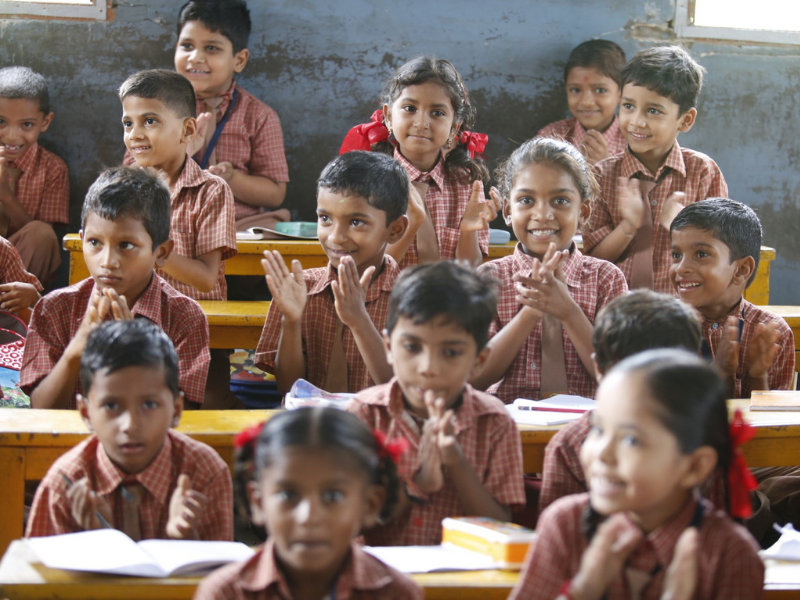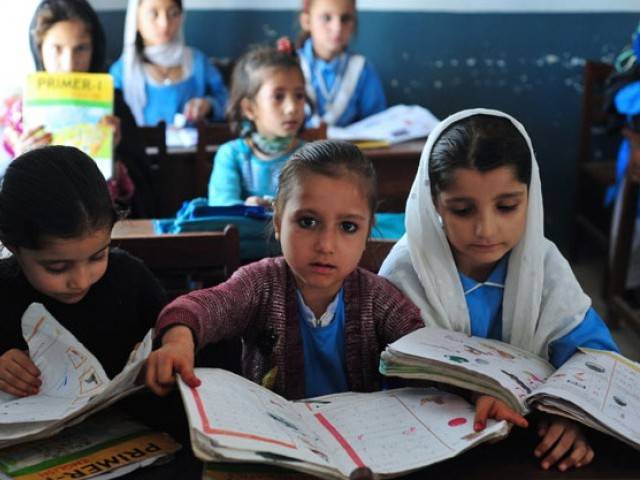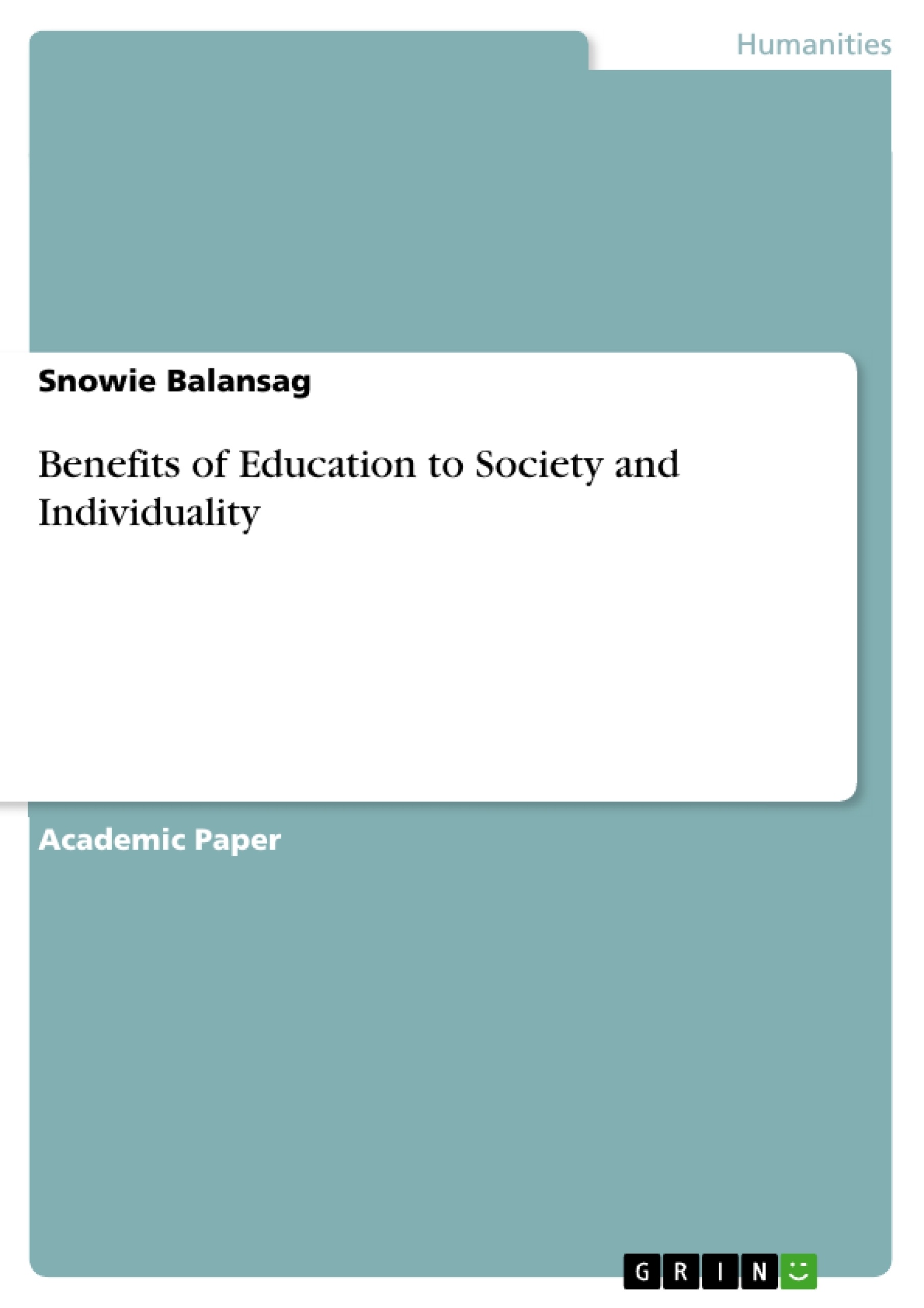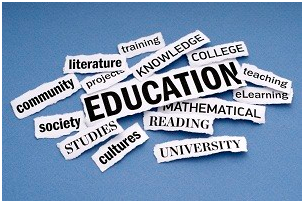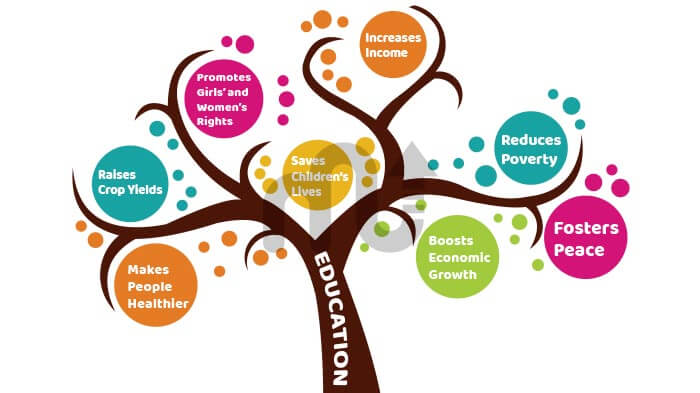Education is an essential part of any society, as it plays a critical role in shaping the future of individuals and the community as a whole. Education helps to develop the knowledge, skills, and values that are necessary for individuals to thrive in their personal and professional lives. It also helps to build strong, cohesive communities, as educated individuals are more likely to be engaged and active members of society.
One of the primary ways that education contributes to society is through the development of knowledge and skills. Education provides individuals with the tools they need to understand and navigate the world around them. It helps to expand their understanding of subjects such as math, science, history, literature, and the arts, which can provide a foundation for further learning and personal growth. Education also helps individuals develop important life skills, such as problem-solving, critical thinking, and communication, which are essential for success in any field.
In addition to developing knowledge and skills, education also helps to shape values and attitudes. Education can teach individuals about different cultures and ways of life, encouraging them to be open-minded and accepting of diversity. It can also help to instill values such as integrity, responsibility, and respect for others, which are important for building strong and healthy relationships.
The benefits of education extend beyond the individual level and have a significant impact on society as a whole. Educated individuals are more likely to be actively engaged in their communities, participating in civic activities and volunteering their time and resources to support causes they care about. They are also more likely to be informed and engaged citizens, voting in elections and participating in the democratic process.
Education is also a key driver of economic growth and development. Highly educated individuals are more likely to be employed in high-paying jobs and to contribute to the overall productivity of their communities. This, in turn, helps to fuel economic growth and improve the standard of living for everyone.
In conclusion, education is essential to society, as it helps to shape the knowledge, skills, values, and attitudes of individuals. It also has a ripple effect on communities and economies, promoting civic engagement, economic development, and a better quality of life for all.

